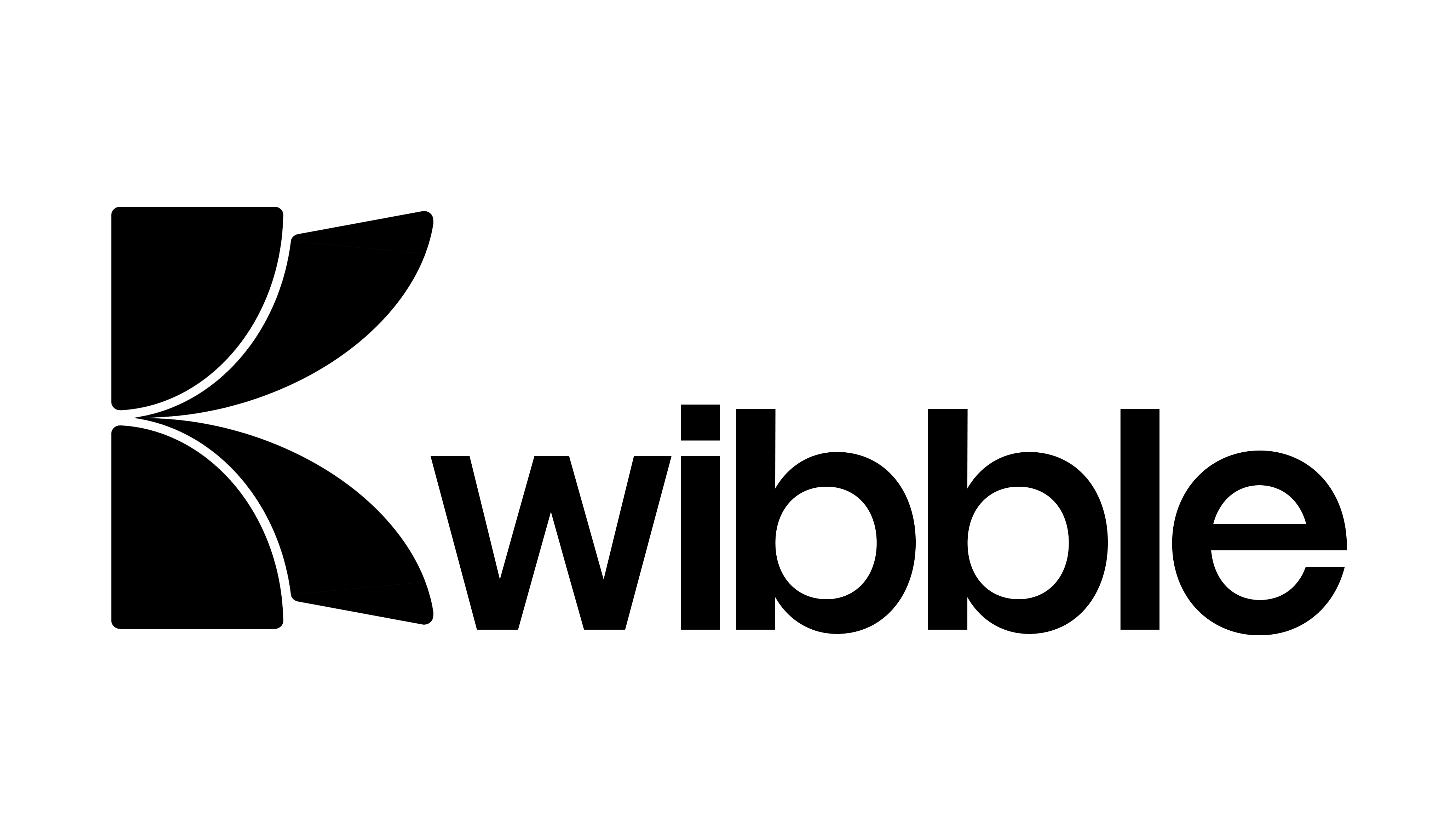Navigating the world of freelance contracts can often feel like wading through a maze, particularly when it comes to knowing whether to include confidentiality clauses or Non-Disclosure Agreements (NDAs). As of 2025, more than 70% of UK freelancers report regularly encountering NDAs in their contracts, highlighting the growing importance of these agreements in the gig economy landscape. But what makes these clauses so crucial, and how can freelancers ensure they're fair and functional?
At their core, NDAs and confidentiality clauses serve one primary purpose: protecting sensitive client information. This could be anything from innovative business strategies to cutting-edge proprietary technology or tightly held trade secrets. Agreeing to such terms not only establishes professionalism but also fosters trust between freelancers and their clients. However, the key is to strike a balance ensuring these agreements safeguard client interests without unduly hamstringing the freelancer's ability to operate effectively.
Understanding the Scope and Duration
Before you zip through signing any NDA, it's vital to grasp what constitutes 'confidential' information. Ambiguity is the enemy here, as unclear definitions can lead to disputes down the line. Your client's idea of confidentiality might differ wildly from yours, and solidifying this in writing can save plenty of headaches later. This clarity extends to the duration of the agreement too, where there's a strong preference for time-limited NDAs, usually 1-3 years post-project completion, as opposed to those that seemingly last forever.
Exceptions That Matter
Not all information can be held under lock and key, nor should it be. It's perfectly reasonable to include exceptions such as information that becomes public through no fault of your own, ensuring you're not unfairly penalised for circumstances beyond your control. The trick is to maintain a balance that protects what needs to be protected while leaving room for operational flexibility.
Portfolio Rights
For freelancers, showcasing past work is often vital to attracting future clients. You should negotiate portfolio rights that allow mentioning a client or project while still respecting confidentiality constraints, even if specific details remain under wraps. Clear terms here mean you can continue to grow your business without stepping on your client's toes or breaching agreements.
Legal Compliance and Enforcement
Understanding your rights under UK law is key. NDAs must comply with local regulations, including those surrounding intellectual property and data protection. Freelancers should ensure that these legal nuances are clearly laid out within the NDA itself. Additionally, there's the vital issue of ensuring NDAs don't inadvertently shift your freelance gig into an employer-employee dynamic, which might complicate tax status and employment rights
Proceed with Caution and Seek Advice
NDAs shouldn't overly restrict you, especially when it comes to forming relationships with other clients. Overly broad or vague clauses might lead you down this path, potentially stifling your business’s growth. If ever in doubt about the terms of an NDA, seeking legal advice is a wise route. Protecting your business interests is paramount, and a legally trained eye can often spot potential pitfalls before they become problems worth worrying about.
Conclusion: Balancing Confidentiality with Opportunity
In sum, confidentiality clauses and NDAs have become an integral part of the freelance toolkit in the UK. These documents can protect vital client information while building trust and establishing professionalism. However, they require careful review and negotiation to ensure they are fair and conducive to your business model. Clarity on confidentiality aspects, reasonable time limits, and the ability to maintain a robust portfolio are critical elements of any NDA.
Ultimately, the aim should be to protect client interests while allowing you, the freelancer, to continue operating effectively and efficiently across multiple projects. Remember, your ability to professionally protect client information and assert your business rights is not mutually exclusive. By ensuring these agreements are well-negotiated and legally sound, you position yourself to maintain fruitful client relationships and a successful freelance operation in the dynamic UK market landscape.
Sources:
1. Gov.uk - Intellectual Property Office (2025 update on NDAs in freelance contracts)
2. UK Law Society - Guidance on NDAs for Independent Contractors (2024 edition)
3. IPSE (Association of Independent Professionals and the Self-Employed) - 2025 Freelancer Survey






